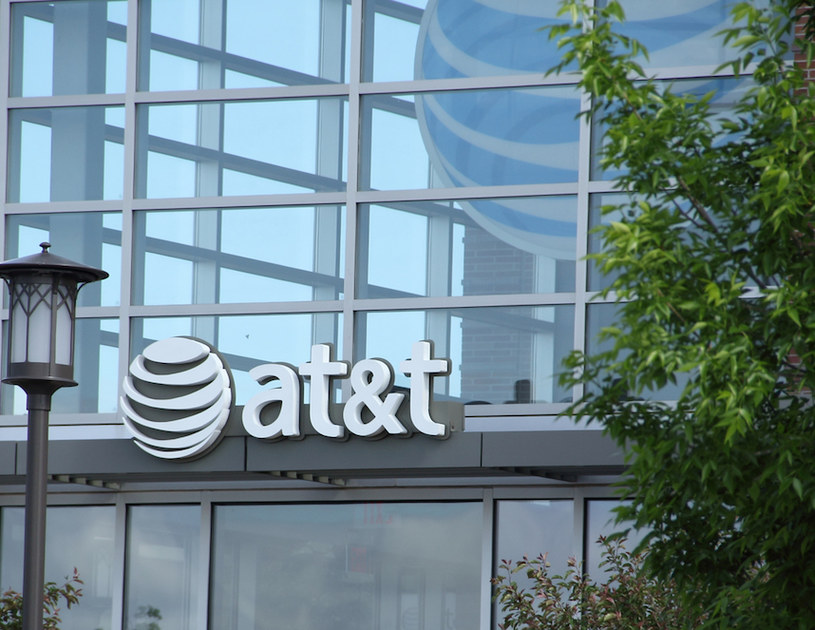TrueCar Truly Believes It Is Compliant with California Law

Santa Monica, CA: In an ongoing California compliance battle between the California New Car Dealers Association (CNCDA) and TrueCar Inc. (TrueCar), the former continues to chase the latter in the courts over what the CNCDA feels is unlawful pricing, together with false and misleading advertising on the part of TrueCar, or so it is alleged.
TrueCar is an entity that was founded in 2005, and reportedly has grown to be a popular resource for car buyers in the Golden State. According to the Sacramento Bee (1/7/16), TrueCar forges relationships with car dealers across the country, and employs those relationships to provide accurate and detailed pricing information on the cost of vehicles through its digital platform. TrueCar claims to have the capacity to link buyers to economically favorable offers from its affiliated dealers, and thus avoid on-site haggling that is normally the bastion of the automotive sales industry.
However, the CNCDA has cried foul, alleging that TrueCar is not complying with California law that serves to regulate the automotive sales industry. For one, the CNCDA accuses TrueCar of false and misleading advertising by way of assertions that TrueCar advertises a claim of “no surprise or hidden fees” on its website, when in reality - or so it is alleged - TrueCar receives a fee from each sale moved through its digital platform.
“TrueCar actually matches a buyer and a seller and gets paid for doing so. This is brokering, and TrueCar isn’t licensed as such,” insisted Brian Maas, CNCDA president, in comments published in the Sacramento Bee. The California compliance lawsuit asserts that TrueCar is not in compliance with California law and seeks a remedy to bring TrueCar into compliance.
TrueCar, for its part, asserts that it is already in compliance, and suggests that a lawsuit having twice been amended by the plaintiff is a sign that the CNCDA non-compliance lawsuit is full of holes.
The CNCDA, based in Sacramento, represents over a thousand franchised new car and truck dealers in the state of California and bills itself as the largest association of its kind in the United States. It brought a California non-compliance lawsuit against TrueCar in May of last year.
According to the Sacramento Bee, the plaintiff made its first of two amendments to its lawsuit in the summer following TrueCar’s attempts to have the lawsuit dismissed in August. Johnny Stephenson, identified as the Chief Risk Officer for TrueCar, suggested in an e-mailed statement to the Sacramento Bee that his company moved to have the newly amended complaint dismissed outright, based on various “defects” TrueCar noted in the complaint.
According to published reports, the Los Angeles Superior Court in Santa Monica did actually dismiss the CNCDA complaint in December of last year, but left the barn door open sufficiently to allow the plaintiff to further amend its complaint and refile again.
The CNCDA did just that and resubmitted its complaint last month. The plaintiff contends that TrueCar is, effectively, acting as a broker in matching buyers with vehicles - and in the state of California, entities undertaking brokerage of any kind must be licensed to do so.
According to the Los Angeles Times (5/20/15), TrueCar charges its affiliated dealers a fee for each sale - about $299 for a new car and $399 for a used car. In some states, including California, TrueCar charges a monthly subscription fee that roughly translates to those rates. It is that subscription fee that generated the California lawsuit. Since California state law dictates that consumers must be provided with a disclosure that outlines whether they or a dealer are paying a fee to a broker, the CNCDA sees that subscription fee as the impetus for a non-compliance lawsuit.
TrueCar, based in Santa Monica, insists it remains compliant with the letter of the law. To that end, the CNCDA is not seeking monetary damages in its California compliance lawsuit, but rather seeks compliance on the part of TrueCar according to California law, should it wish to continue its current business model.
TrueCar is an entity that was founded in 2005, and reportedly has grown to be a popular resource for car buyers in the Golden State. According to the Sacramento Bee (1/7/16), TrueCar forges relationships with car dealers across the country, and employs those relationships to provide accurate and detailed pricing information on the cost of vehicles through its digital platform. TrueCar claims to have the capacity to link buyers to economically favorable offers from its affiliated dealers, and thus avoid on-site haggling that is normally the bastion of the automotive sales industry.
However, the CNCDA has cried foul, alleging that TrueCar is not complying with California law that serves to regulate the automotive sales industry. For one, the CNCDA accuses TrueCar of false and misleading advertising by way of assertions that TrueCar advertises a claim of “no surprise or hidden fees” on its website, when in reality - or so it is alleged - TrueCar receives a fee from each sale moved through its digital platform.
“TrueCar actually matches a buyer and a seller and gets paid for doing so. This is brokering, and TrueCar isn’t licensed as such,” insisted Brian Maas, CNCDA president, in comments published in the Sacramento Bee. The California compliance lawsuit asserts that TrueCar is not in compliance with California law and seeks a remedy to bring TrueCar into compliance.
TrueCar, for its part, asserts that it is already in compliance, and suggests that a lawsuit having twice been amended by the plaintiff is a sign that the CNCDA non-compliance lawsuit is full of holes.
The CNCDA, based in Sacramento, represents over a thousand franchised new car and truck dealers in the state of California and bills itself as the largest association of its kind in the United States. It brought a California non-compliance lawsuit against TrueCar in May of last year.
According to the Sacramento Bee, the plaintiff made its first of two amendments to its lawsuit in the summer following TrueCar’s attempts to have the lawsuit dismissed in August. Johnny Stephenson, identified as the Chief Risk Officer for TrueCar, suggested in an e-mailed statement to the Sacramento Bee that his company moved to have the newly amended complaint dismissed outright, based on various “defects” TrueCar noted in the complaint.
According to published reports, the Los Angeles Superior Court in Santa Monica did actually dismiss the CNCDA complaint in December of last year, but left the barn door open sufficiently to allow the plaintiff to further amend its complaint and refile again.
The CNCDA did just that and resubmitted its complaint last month. The plaintiff contends that TrueCar is, effectively, acting as a broker in matching buyers with vehicles - and in the state of California, entities undertaking brokerage of any kind must be licensed to do so.
According to the Los Angeles Times (5/20/15), TrueCar charges its affiliated dealers a fee for each sale - about $299 for a new car and $399 for a used car. In some states, including California, TrueCar charges a monthly subscription fee that roughly translates to those rates. It is that subscription fee that generated the California lawsuit. Since California state law dictates that consumers must be provided with a disclosure that outlines whether they or a dealer are paying a fee to a broker, the CNCDA sees that subscription fee as the impetus for a non-compliance lawsuit.
TrueCar, based in Santa Monica, insists it remains compliant with the letter of the law. To that end, the CNCDA is not seeking monetary damages in its California compliance lawsuit, but rather seeks compliance on the part of TrueCar according to California law, should it wish to continue its current business model.











No Comments